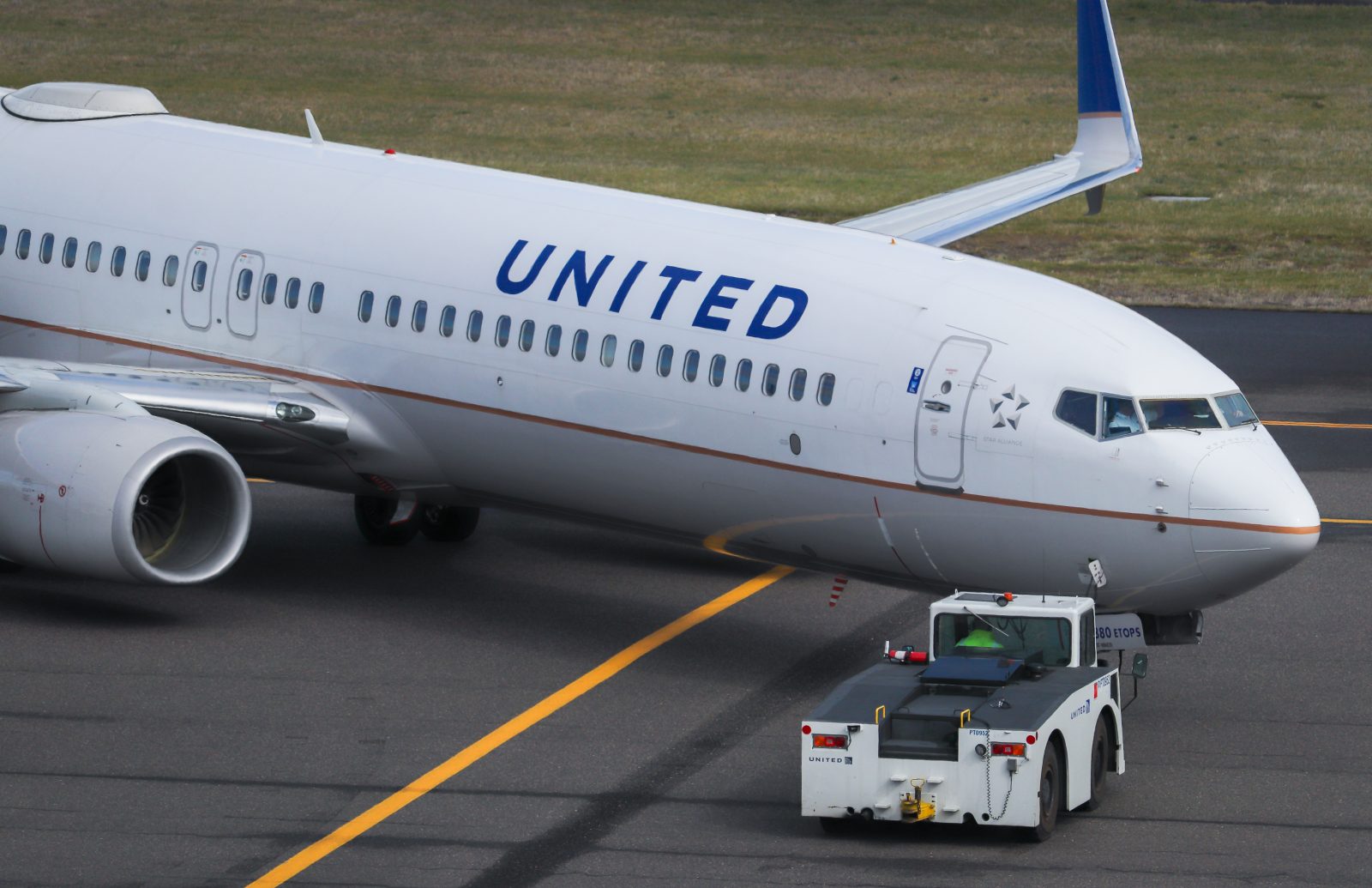
If you’ve tried to call an airline in the last few months then you’ll know it’s become an even more frustrating and time-consuming business than it was before the pandemic. Airline call centers are overwhelmed and callers can often find themselves sitting on hold for hours at a time waiting for someone to pick up the other end.
But it’s not just passengers who are receiving a less than ideal customer service response. Even flight attendants are saying they’ve been battling crazy long hold times trying to get through to internal departments like crew scheduling and the hotel and limo desk.
Flight attendants at United Airlines say they’ve had enough of the situation and the dispute has quickly escalated into a war of words between the Association of Flight Attendants (AFA-CWA) and United’s SVP of inflight services John Slater.
Hold times of four or more hours for flight attendants to speak to an airline representative aren’t, allegedly, uncommon and the factors creating the call center apocalypse are strikingly similar to the problems facing passengers.
First, there’s the fact that airlines were quick to cut experienced customer service agents at the start of the pandemic. United, like other U.S. carriers, is hiring back telephone agents as fast as possible but it takes time to train representatives and recruitment has been slowed by the Great Resignation.
Then there are the constant schedule changes that require manual intervention from an agent because self-service options aren’t available. It’s the same for flight attendants who have to call a crew desk to conduct “basic schedule” changes, while the hotel desk is also stretched thin because weather incidents are displacing crews.
But Slater has accused the flight attendant union of using long hold times for “political opportunism”, saying the union is failing to inform its members about the work going on behind the scenes to mitigate the problems.
One such solution would be to allow flight attendants to accept a schedule change electronically rather than by making a phone call to the scheduling team, although the union doesn’t appear to be very keen on that idea.
In fact, long telephone hold times seem to be just the tip of the iceberg and this issue risks spilling into a much bigger dispute.
“While it’s reasonable to attribute some of the scheduling issues we’re experiencing to the company’s current tightly packed flight schedules and the occasional weather-related incident, management’s response to us, the internal customer, is completely within their ability to fix,” the union wrote in a recent memo.
“It’s time for management to address the many issues that affect Flight Attendants quality of life and working conditions.”
Related
Mateusz Maszczynski honed his skills as an international flight attendant at the most prominent airline in the Middle East and has been flying ever since... most recently for a well known European airline. Matt is passionate about the aviation industry and has become an expert in passenger experience and human-centric stories. Always keeping an ear close to the ground, Matt's industry insights, analysis and news coverage is frequently relied upon by some of the biggest names in journalism.







